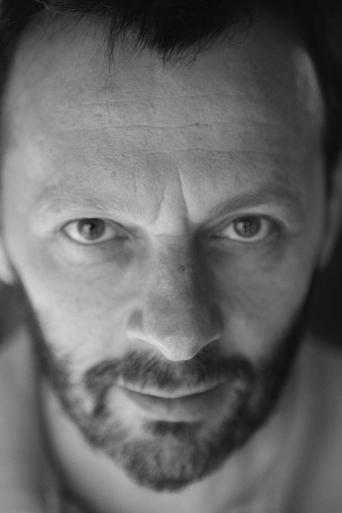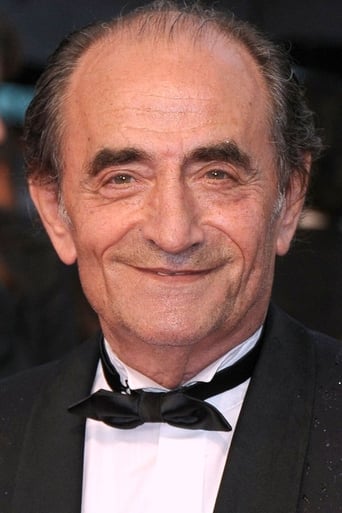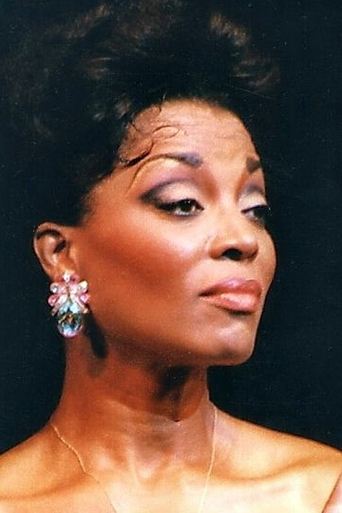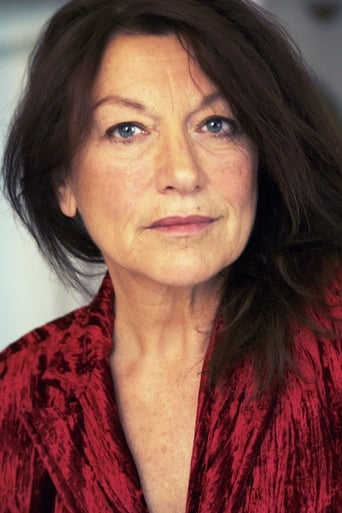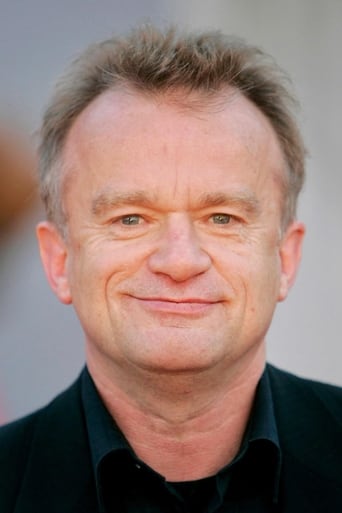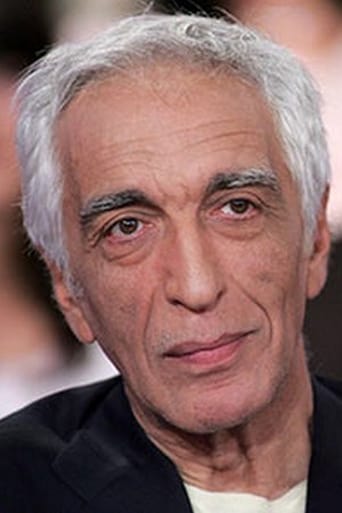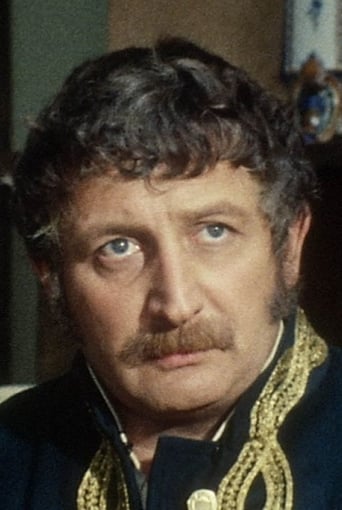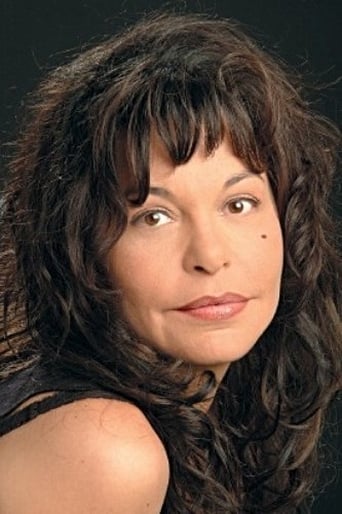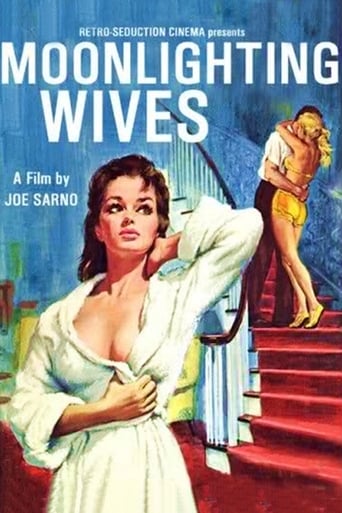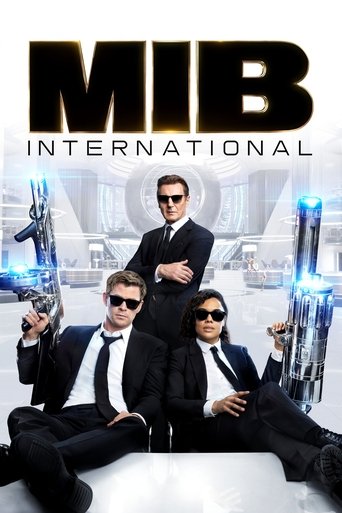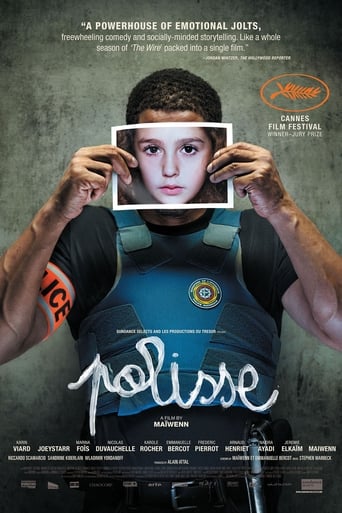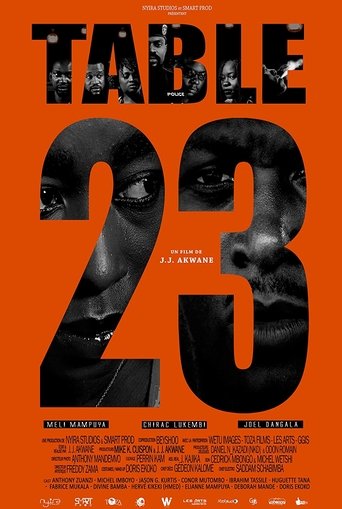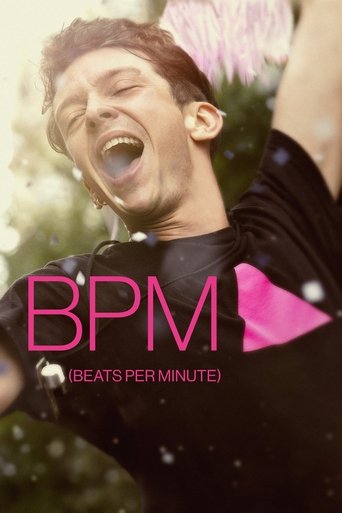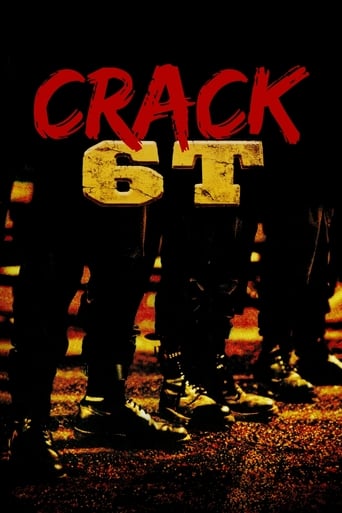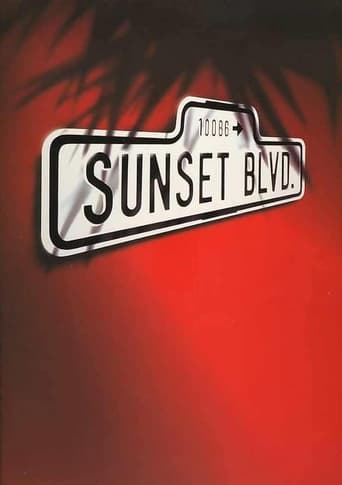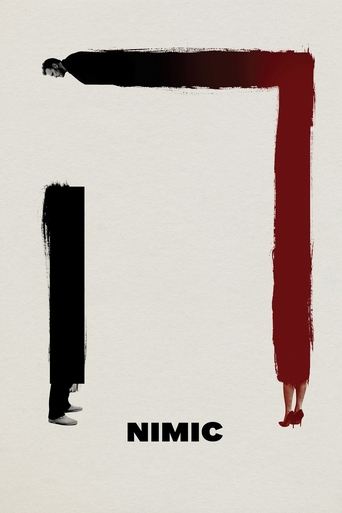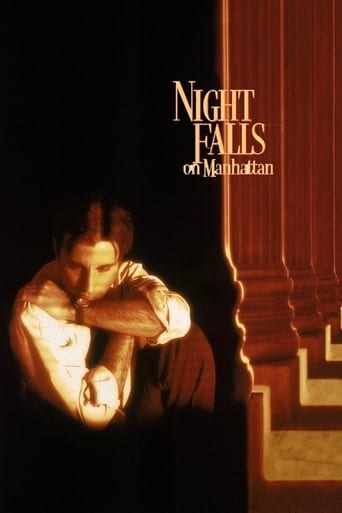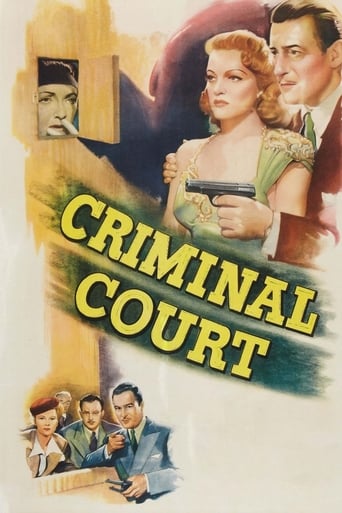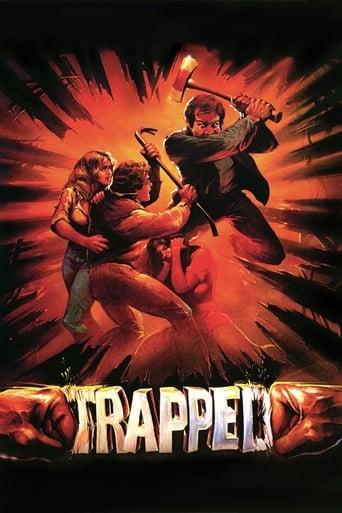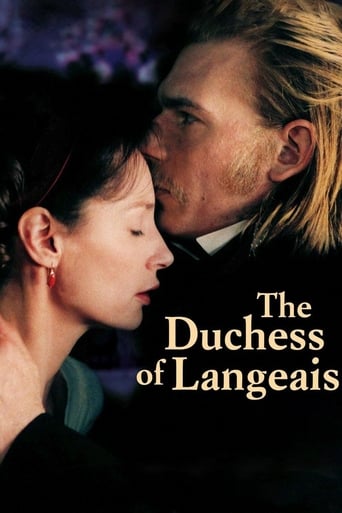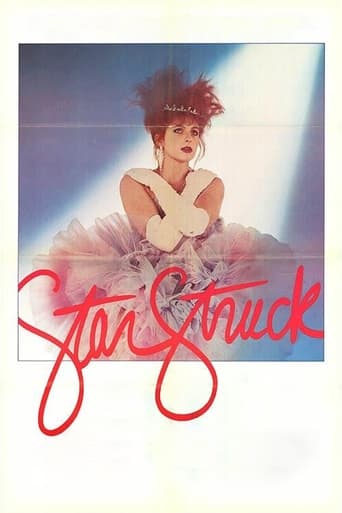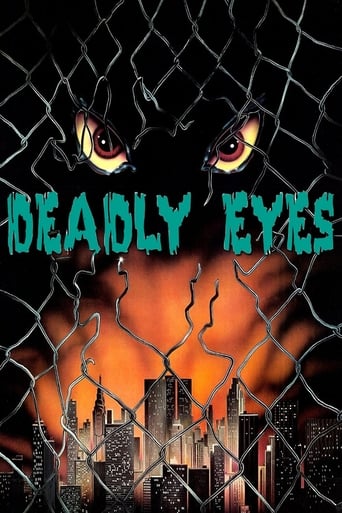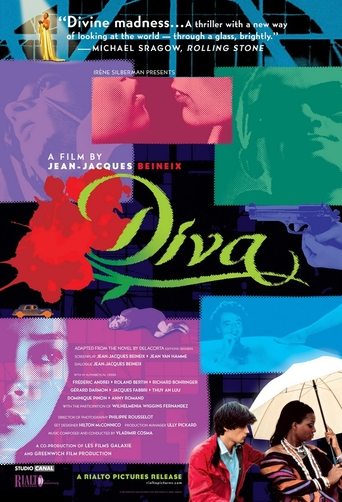
Diva (1981)
Jules, a young Parisian postman, secretly records a concert performance given by the opera singer Cynthia Hawkins, whom he idolises. The following day, Jules runs into a woman who is being pursued by armed thugs. Before she is killed, the woman slips an audio cassette into his mail bag...
- Jean-Jacques Beineix
- Sylvie Koechlin
- Jean Van Hamme
- Jean-Jacques Beineix
- Daniel Odier
Rating: 6.7/10 by 230 users
Alternative Title:
Diva (Beineix) - FR
Diva - dödligt intermezzo - SE
Country:
France
Language:
English
Français
Italiano
Runtime: 01 hour 57 minutes
Budget: $0
Revenue: $0
Plot Keyword: paris, france, mistake in person, subway, diva, postman, moped, singer, police corruption, recording, opera singer, prostitution ring
This was outstanding. Opera could very much be a metaphor for film to me, and the great way that opera dominates the life of addict Jules here could easily apply to me in my approach to film, and ANY remarkable actress of today. For example, if I could travel back in time, I would easily have felt this way about Garbo, who is my favourite actress ever... Probably the best thing Luc Besson ever laid his hands on...
Despite the ridiculous premise, namely the idea of Taiwanese gangster trying to get a hold of a bootleg recording of an opera singer (to blackmail her to signing a contract with them), the movie is better than I thought it would be going in. There are a couple big downsides that keeps me from giving it a higher rating. One is that this opera singer (Cynthia) finds solace with a young postman (Jules) who is pretty much a stalker (who stole her dress after a performance). The other bigger issue, is one dubious hero is a child predator who has a girl, easily only 13-14 years old, living with him. They don't explicitly show a sexual relationship but it's implied. I know this is France in the early 80s, just made me uncomfortable. Still, some decent scenes, one a chase through Paris and the Metro, that makes it worthwhile and oddly, the relationship between Jules and Cynthia still works in spite of how they meet. Also noteworthy is the beautiful cinematography, some wonderful images. **3.5/5**
**A very experimental film in terms of visuals and aesthetics, but one that disappoints us due to the poor conception of the characters and the lack of harmonization of the plot.** This film harmoniously brings together two arts that I greatly value: cinema, of course, and opera, which for me is the most complete, challenging and versatile stage art that exists. Although the film is not about opera and is far from perfect, it is delightful to hear Wilhelmenia Fernandez's melodious voice. Unfortunately, the script could have been better: there are a number of rough edges that should have been polished. Jean-Jacques Beineix gives us a stylized work, with notes of artistic quality, however, the story he tells us has problems: it all starts with a fan's curious obsession with his favorite opera singer. After stealing the dress she wore during a recital, he becomes friends with a young Vietnamese woman who steals records from a music store. Shortly afterwards, their paths cross with a group of dangerous killers who claim victims in public, disguised as police officers. After some more time, the opera singer finally meets her obsessed fan and becomes friends with him. That is, what we have are two subplots that try to intertwine into a single story. The problem is that the union doesn't work out very well: they are too different and both want the same type of attention and protagonism. It doesn't work! With the exception of the opera singer, the characters are uninteresting, unsympathetic or underdeveloped, and there is no logic in the way they move and the decisions they make (not even the singer, who is suddenly unaware of the fact that her voice has been finally recorded – something she didn't allow and hated – and starts to feel incredible about having an obsessive fan behind her). What's good about this film? The look and aesthetics. The cinematography is quite skillful in experimenting with light, shadow and framing, and there is some originality in the way the editing and editing were done. I really liked the work developed by Wilhelmeina Fernandez, as I said, but I also think that Frédéric Andréi tried his best to rise to the challenge he faced, even with weak material and a virtual absence of charisma. However, the rest of the cast is disappointing. Just a note of curiosity: it was the first film by Dominique Pinon, a French actor who would become one of the best of his generation.

